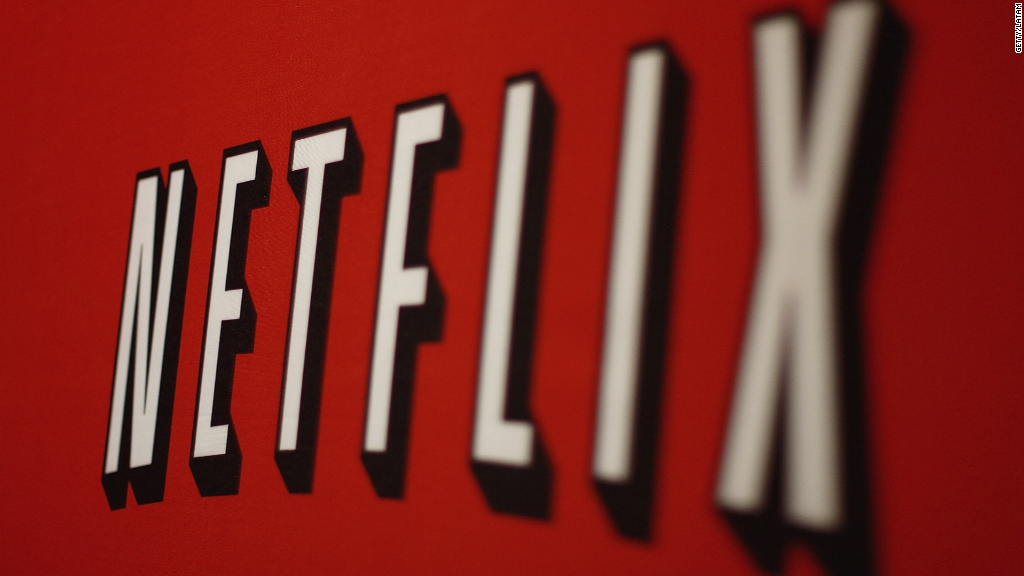
This year's Emmys mean more to the future of media than you might think.
While most viewers will tune in to see celebrities walk the red carpet or hear Stephen Colbert's opening monologue, Hollywood and Silicon Valley executives will be paying attention to something far more important: the scoreboard.
Digital entrants like Netflix, Amazon and Apple are dramatically ramping up their investment in original programming -- posing an ever-larger threat to traditional broadcast companies and premium networks. Netflix plans to invest $7 billion in content next year. Amazon is said to have invested roughly $4.5 billion so far this year. Apple recently announced a $1 billion investment in original TV shows and films.
Every one of these services is looking to create the next "Game of Thrones" -- that is, a show that captures the zeitgeist and draws in tens of millions of viewers per episode.
In the years ahead, with more and more consumers abandoning cable subscriptions for streaming services, premium content like HBO's "Thrones" is the coin of the realm. One great show, or a few great shows, can be the difference between whether a viewer decides to pay $10 or $15 a month to Netflix or Amazon or HBO.
That's where the Emmy scoreboard comes in. HBO, which spends about $2 billion a year on content, has long been the dominant player. It won the awards for outstanding drama ("Thrones) and outstanding comedy ("Veep") last year, and it consistently leads the nomination count. This year it has 111 nominations, up from 94 in 2016.
But Netflix is closing in: It has 91 nominations this year, up from 54 in 2016. One of the big conversations taking place in the media industry today centers on whether or not companies like Netflix and Amazon, which are spending significantly more than HBO, can give the industry leader a run for its money.
In the long term, maybe. For now, neither company matches HBO's brand power and reputation with content creators. Unlike Netflix and Amazon, which seek to offer a supermarket of content, HBO has the advantage of focusing exclusively on premium products. So it's a bit like comparing Walmart to a really popular specialty store. As long as HBO has premium content people can't find anywhere else, there will likely be room for both.
The companies that actually have to worry are the also-rans: Hulu in the streaming space, Showtime and Starz in the premium cable space. Those outlets are barely on the map in the Emmy conversation. Unless they rectify that, it's not hard to imagine a future where they fizzle out as consumers opt for Netflix and HBO instead.
Caught in the middle are the broadcast channels: ABC, NBC, CBS and Fox (and its cable channel, FX). Fortunately for them, these channels are owned by major media companies with solid financial backing. With the exception of NBC, all these channels have seen their nomination count decline from last year.
So Sunday night isn't all about glitz and glamour: It's also about momentum -- and a sign of which companies will survive and thrive in the new television landscape.


